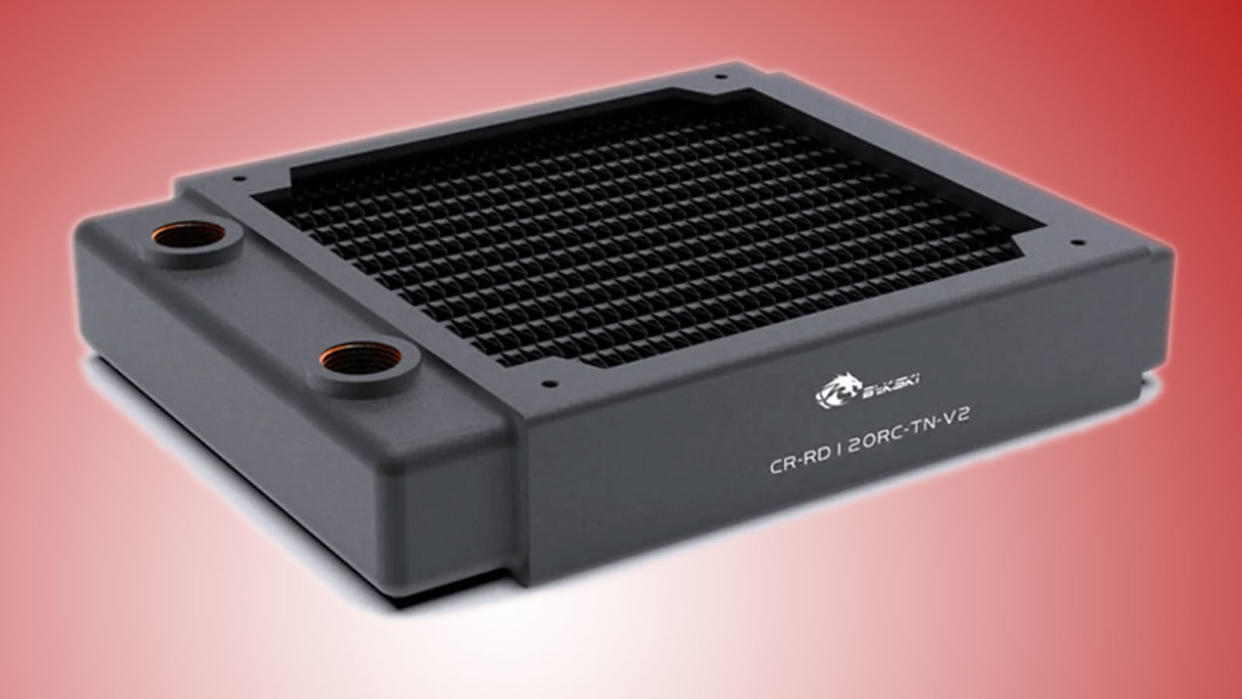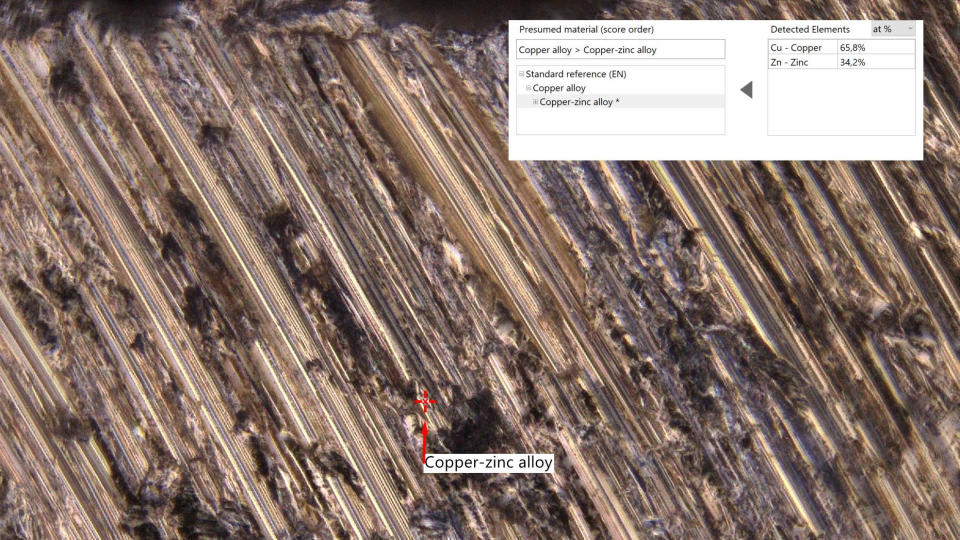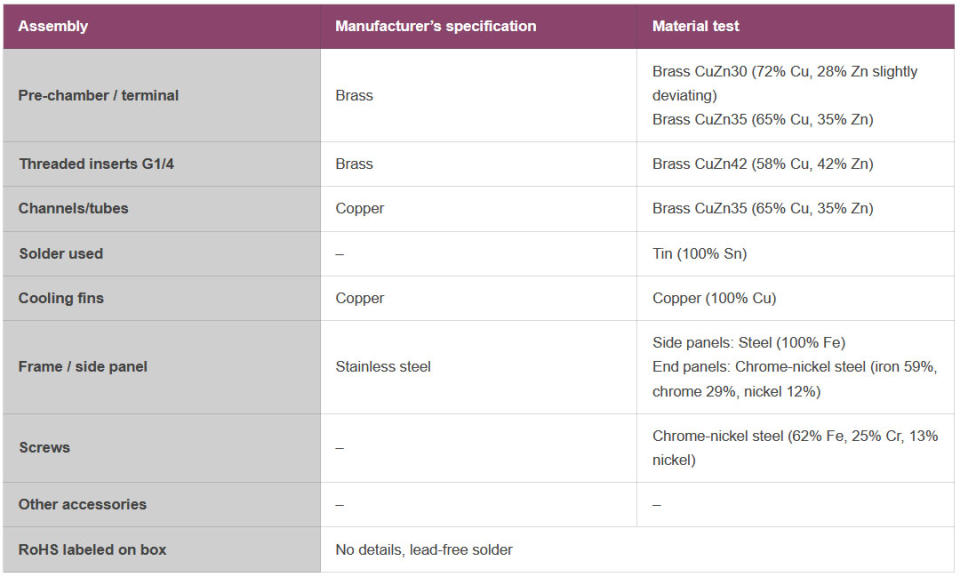Half of tested PC watercoolers don’t use the premium materials advertised, like copper: Report

Veteran hardware reviewer Igor Wallossek has published an investigation into AiO CPU cooler radiator materials. Something must have got Wallossek’s spider senses tingling because his investigation into six branded designs uncovered three that were over-spec'd. By that, we mean half of the AiO brands sold radiators using different, cheaper materials than mentioned in their product data sheets, websites, or advertising. The most common switcheroo was advertising copper but instead using a copper/zinc alloy like brass.
Wallossek mentions in his eight pages of analysis that messages from readers sparked his interest in radiator materials. Some had complained about clogged pipes and tubes; others were concerned about unexplained corrosion. Thus, Wallossek’s materials investigations look not just at the radiator materials but at things like screws, nuts, channels, solder, factory liquids, and more.

In his intro, Wallossek details the material tests he leveraged during his work on this investigatory project. If you intend to criticize a PC components firm in any way, you have to be confident in your data. Thus, he also talks about statistical matters like rounding percentages and similar nuances. We also learn that, sadly, this kind of testing is destructive, with grinders, cutters, and other machinery required to get to the nitty-gritty.
Like Wallossek, we have decided to tabulate the findings for easy comparison. However, we have abridged the details to highlight his findings concisely. For the full results, please check out the source, which devotes a full page to each sample tested and offers a conclusion packed with comparisons.
For an example of the detail Wallossek went into with his material testing, please check out the table screenshot below. It shows an example spec vs. reality chart for the Watercool: Heatkiller Rad 120-S Black.

Remember, the above AiO cooler radiators weren't tested for performance; there are plenty of review sites that judge them by such metrics. Instead, Wallossek wanted to double-check that customers were getting the specs and materials they were paying for – and it doesn't look great for the brands tested so far, with few coming out unscathed.
Wallossek's strongest recommendations were delivered to the manufacturers, not to customers. He said many of them need to spend more time/effort on quality management and not rely on their OEMs for checks and tests. He doesn't go as far as suggesting inaccurate material descriptions are intentional; for now, he is mostly blaming carelessness. However, if AIO makers are warned and don't change, we can imagine they will face far more severe criticism.
Wallossek has already decided to expand his AiO investigations and says he has anonymously acquired another raft of products. Upcoming investigations will cover CPU cooler products made by Corsair, Thermaltake, and some lesser-known Chinese brands and OEMs.

